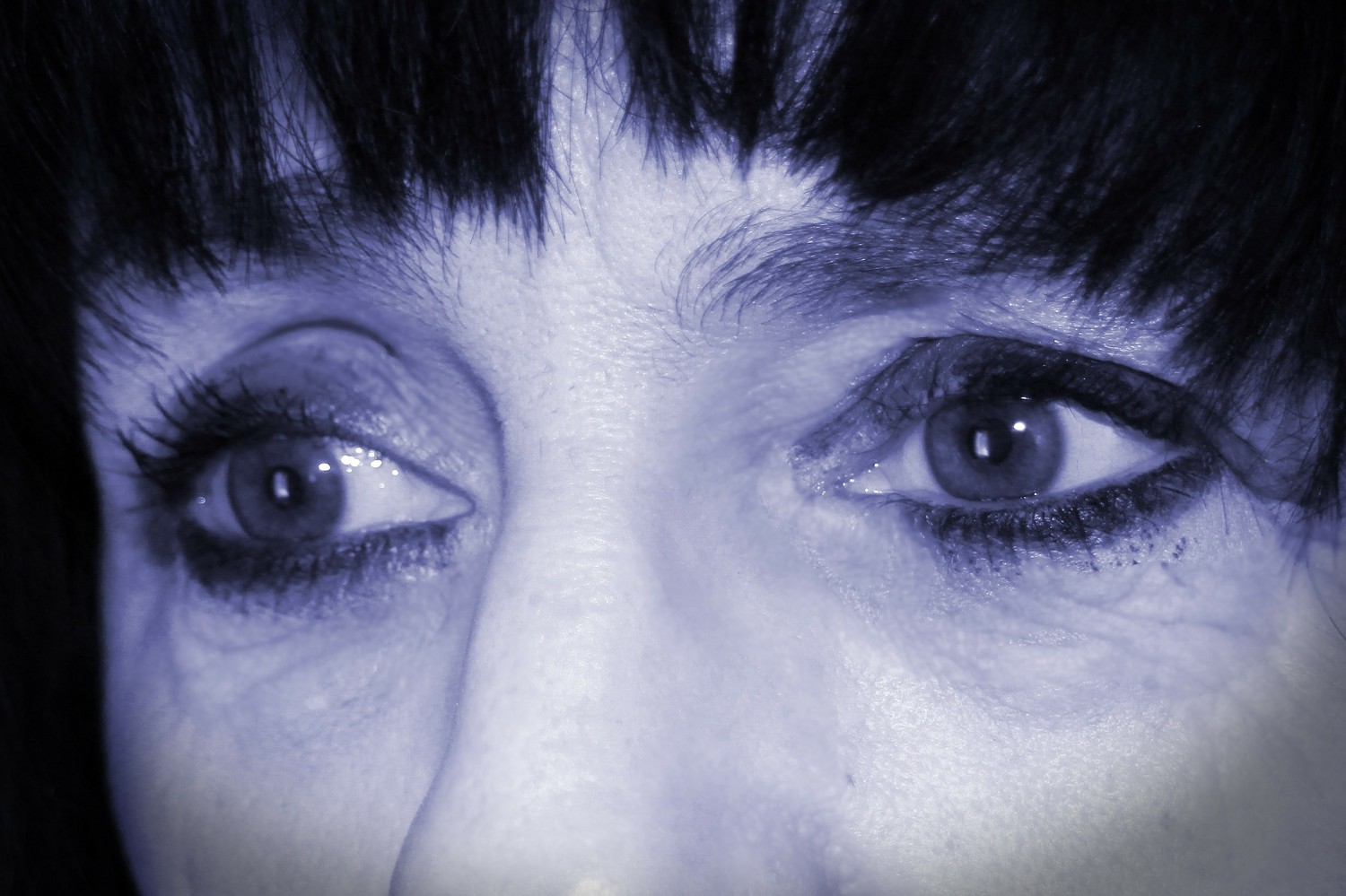Observing anyone who suffers with an anxiety-filled lifestyle can be draining.
Think about this scenario: You’re picking up a cup of coffee. You know how careful you’ve got to be when handling it. One missed step and, well, you have hot coffee all over … even on you.
Imagine if your cup was filled with anxiety, that unusual emotional trait which leaves many people uncertain of themselves, family, friends, workplaces, or just life in general. It’s a hell of a problem when looking to communicate with people on a level playing field.
Let me explain.
Anxiety runs along like a runaway train. It gets fueled either by thoughts or memories which are painful. They don’t provide any depth or constructive feedback other than “this is happening again.”
Yes, that bitter sense of déjà vu.
Getting someone who deals with an anxiety disorder to settle down and focus can be treacherous. It’s like trying to lasso the wind and make it stop. Good luck trying that one out.
Even with all of the improvements — medically, spiritually, and emotionally — provided by many well-meaning people and companies, anxiety remains a serious issue.
Where does anxiety come from for people? Three suggested places are within their memories, traumatic events, or too much stimuli from outside (such as TV, the Internet, radio, etc.).

Personal memories
In my life, there are times when just casually thinking and remembering a person or situation — even if it happened years ago — can freak me out. Internally, I’m thrown back to the place and people who were present.
These memories aren’t pleasant at all.
Cultivating personal memories which are good and wholesome hasn’t necessarily been my forte’. Sure, life happens and there are going to be moments where events are out of one’s personal control.
Yet, Lord have mercy, do they amp up a person’s anxiety. These memories can fall into traumatic events. Some of them, though, usually have to do with simple, mundane things like going to a grocery store, meeting a group of people, or standing up for one’s self during a confrontation.
Those times which carry the most weight for many people do involve family members. It’s neither sexy nor beautiful to recall sitting in a hospital room with a parent going through a mental breakdown (I raise my hand). As much as I squelch these personal memories, there are times when I’ll see another person or read about a situation which kicks in those tough times.
If you’ve had to deal with parents or even children dying, then those memories will provoke sadness. Yet they also might kick in a new level of anxiety over what you did or didn’t do right for them. This is not a blanket statement which everyone will attest to, and I understand this.
It’s something to consider, though, when looking at how those memories can play a role in one’s anxiety.
Traumatic events
Post-traumatic stress disorder (PTSD) is a term which is mostly connected to men and women who have served in the military. Their days and nights of being involved on the battlefield are recalled whether awake or asleep. Yes, there are plenty of people who are not combat veterans … yet have lived through enough life experiences to leave them feeling emotionally paralyzed.
Trauma happens a lot in the world these days. Sometimes, these events are very well-publicized; other times, they are kept under a cloud of shame and shadows. As human beings, we all have that “fight-or-flight” switch within us. People with anxiety disorders, though, only know one way to go. There is no middle ground. No “or” for them. It’s fight. It’s flight.
Children, who are totally innocent and vulnerable, might have been physically or emotionally taken advantage of by parents or other authority figures. From sexual assault to covert behaviors, having these elements within a human soul just powers up those anxious thoughts and feelings.
It’s not like they have the power to say “just shut off and go away.” Many people respond and react out of their trauma-filled lives. Anxiety becomes one way, albeit not healthy, to maneuver through trauma.
Outside stimuli
Every single day, millions of people check on the news. Now I’m not going to say “don’t watch the news” because some people, even those with anxiety disorders, can handle a little information about what’s going on in the world.
There are others, though, whom I would strongly urge to fill their time wisely.
Pictures, words, and images flood through our lives all the time. It might be watching news reports of the latest war zone, or it might be gorging out on too many violent videos. These are things which people can make a choice upon either viewing or not seeing.
Those with the best intentions, especially filled with anxiety issues, just have a hard time turning the damned things off. Smartphone, TV, social media … that incessant need of “I’ve got to stay connected to it all” overshadows a need to close it down.
Putting boundaries around any outside stimulus, far beyond what has been mentioned here, can help alleviate the anxious thoughts and feelings. It’s the kind of suggestion which many people hear yet are afraid to take. Why? Anxiety-filled people actually do crave connection with other people. But their personal history and lifestyle might leave them as introverts, not extroverts.
In turn, their anxiety levels go through the roof.
When looking at your own life and seeing how anxiety plays a role in it, consider these three areas as starting places. Drill down into these three specific spaces and see what comes up for you.
Please reach out for help, though. Going through life filled with anxiety, and not actually being able to understand where it comes from, is not fun at all.
Originally published at medium.com


